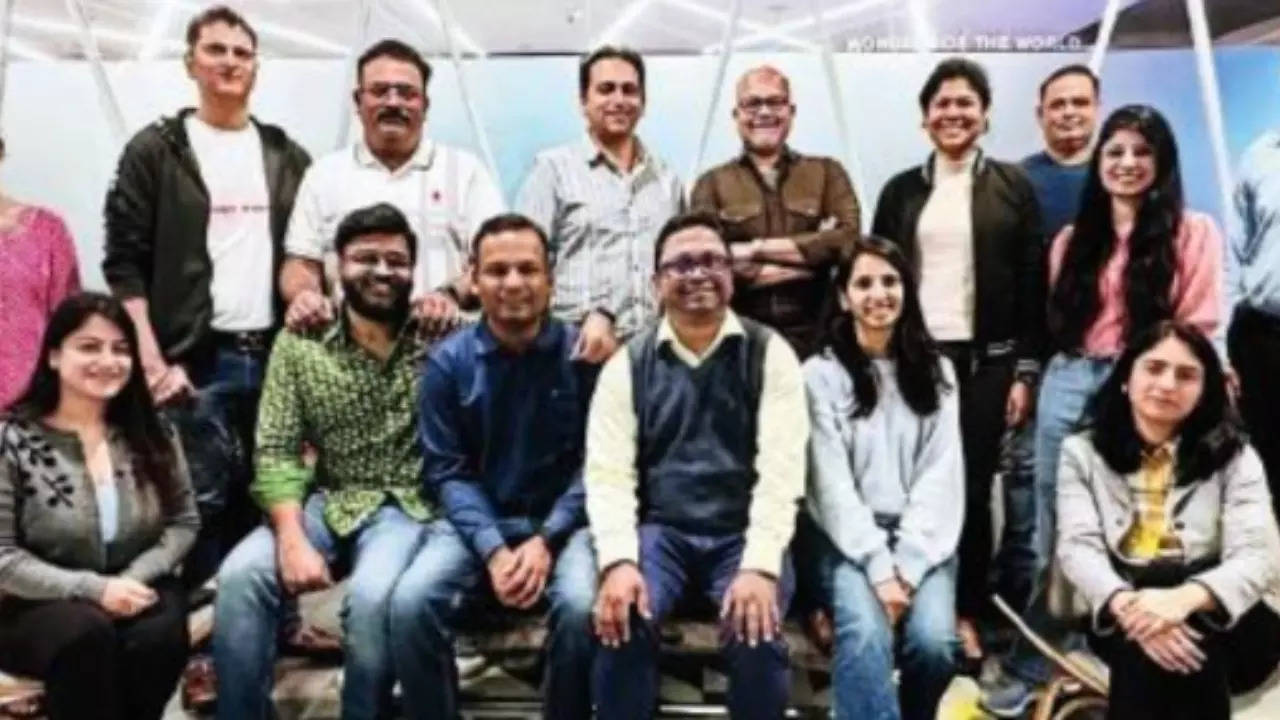How MMT’s using Gen AI to take the stress out of travel – Times of India

[ad_1]
Ankit says one major Gen AI use case has been in hotel reviews. Hotels tend to have hundreds, sometimes thousands of reviews. “It’s cumbersome for the user to decide which review to read and which not to,” says Ankit. So, they have used Gen AI to create summaries of hotel reviews, helping the user to avoid wasting time wading through many reviews. “This one paragraph will give you a full view on why people prefer a hotel, what they like or dislike about it,” says Ankit, who was product-incharge at Careem, Freecharge and Snapdeal before joining MMT in 2019.
This form of summarisation is something that Amazon too recently started doing with reviews of products on the marketplace. A single paragraph provides a gist of all the reviews.
Ankit’s team has also used Gen AI to create a chatbot called Myra that helps plan a user’s trip. The chatbot understands Hindi, English, and Hinglish. “A lot of people are not comfortable with typing, but very comfortable with speaking. Also, in the case of flights, there are too many permutations, and in the case of hotels, the search is very content-led, where you actually have to read a bit to reach a decision,” Ankit says.
Myra simplifies all this by providing more precise recommendations, based on what the user tells her by voice.
Sanjay says this has also helped in reaching out to users in tier-III and tier-IV cities, those who are not comfortable speaking – or filling out details – in English. “These models have become much better and more accurate at language translations. So, you can start shopping, you can book a flight using voice, you can enter all the information by voice,” he says.
Putting travel in context
MMT’s teams are also using GenAI’s capacity to extract themes based on context. For instance, when choosing hotels, the context of travel is significant – the user may be planning a family trip, or a business trip, she may be travelling solo or with friends. The user will be interested only in hotels and reviews that are relevant for that particular trip. “So, we slice and dice user generated content (UGC) accordingly, and Gen AI contextualises the travel by extracting relevant content from the UGC,” Sanjay says.
GenAI breaks down the content through what are called tags, enabling it to provide thematic context – how the hotel fares in terms of location, amenities offered, food. “The summary changes, depending on the nature of the search,” says Sanjay, who came to MMT in 2015 after stints at Yahoo and Infosys.
GenAI also synthesises the content – it creates a paragraph around the key themes that are of relevance to the traveller. And this is applied to sub-categories, too. For instance, what is distinct about a particular hotel in a locality? “For this, we use data-science models, again created by Gen AI, to ask, among all the similar hotels in a particular neighbourhood – clubbed with star rating, price point, etc – what is it about the hotel that makes it stand out,” says Sanjay.
For every hotel, he says, Gen AI will tell the traveller three things – it could be the children’s area, food, wheelchair accessibility – that make it stand out. This helps make better decisions.
